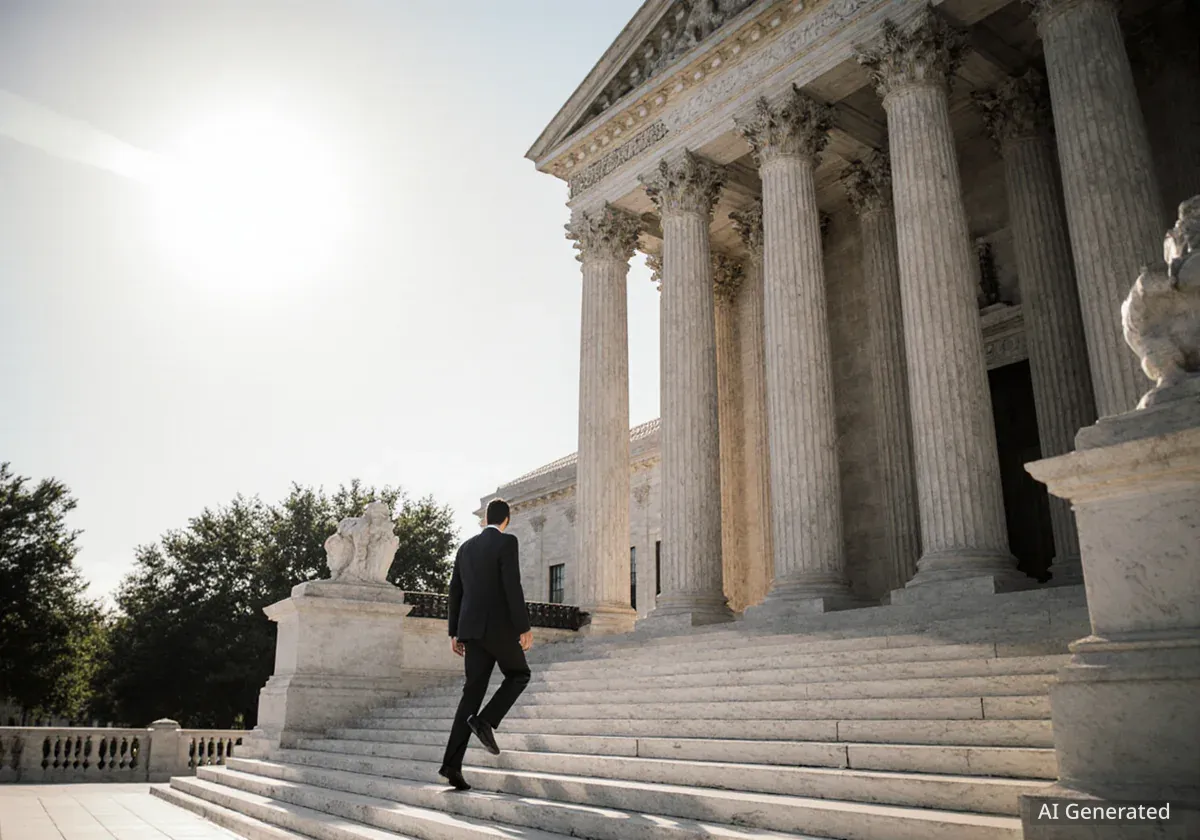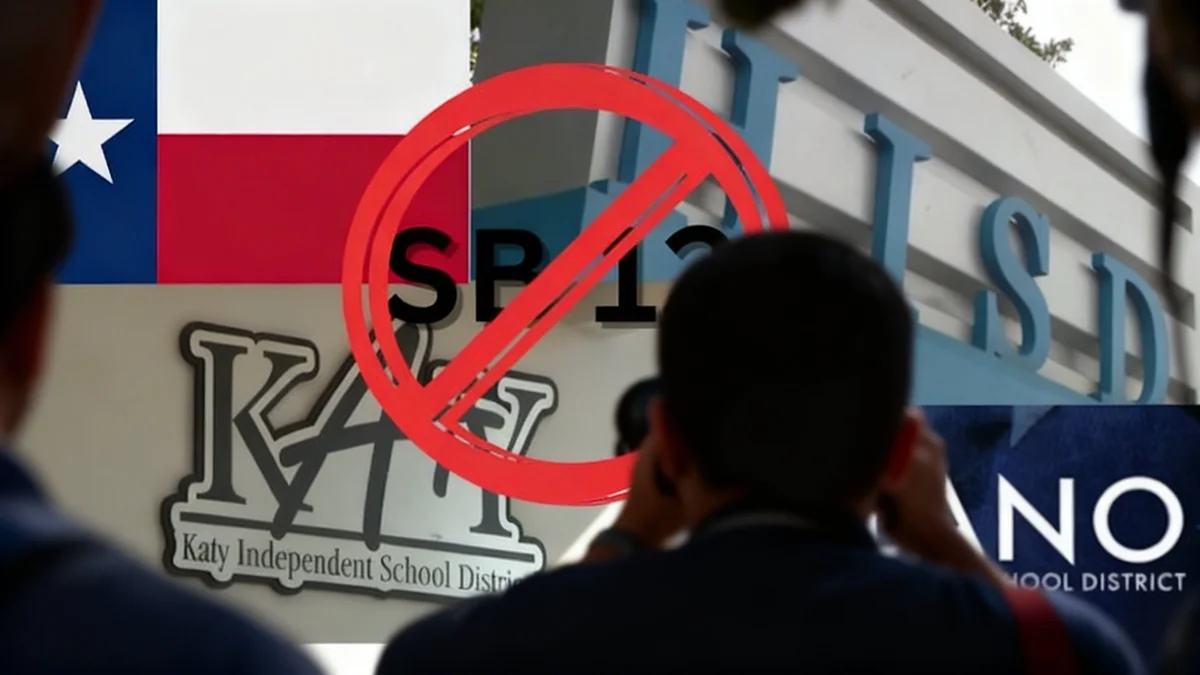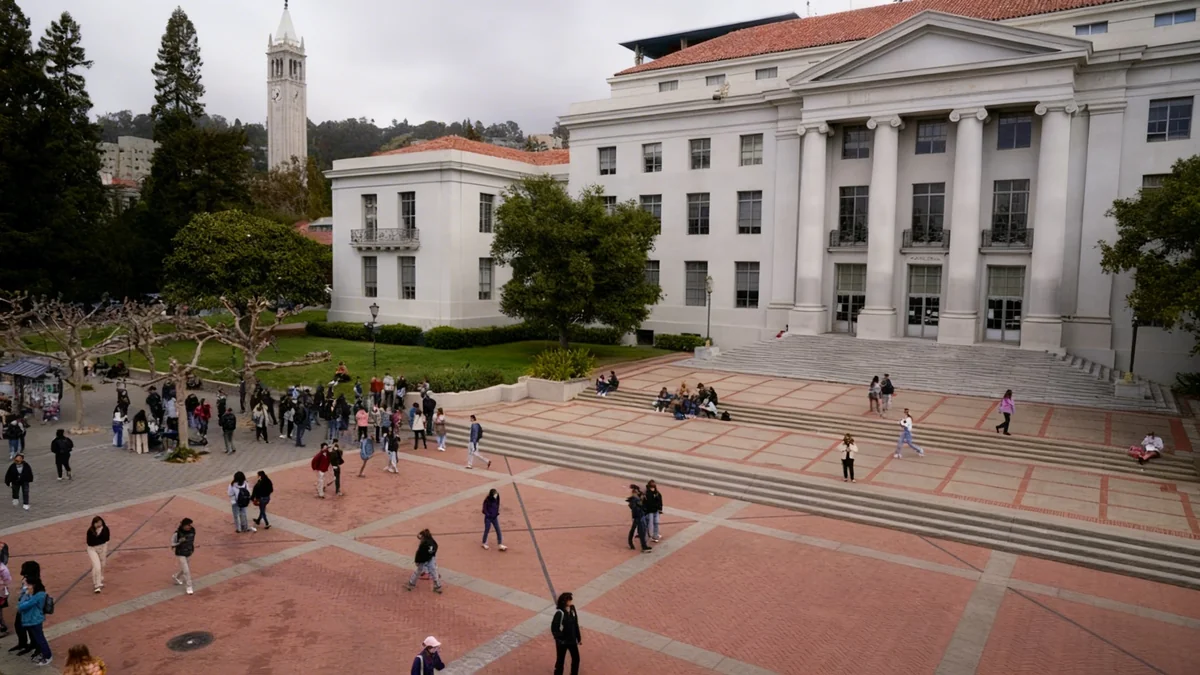A group of college students in Oklahoma are challenging a federal court decision that ended their in-state tuition rates. These students, who were brought to the United States as children and graduated from Oklahoma high schools, argue they have a right to appeal the August 2025 ruling. The change has significantly increased their educational costs, impacting their ability to complete their degrees.
Key Takeaways
- Undocumented Oklahoma high school graduates are appealing a federal court ruling.
- The ruling ended in-state tuition for certain foreign-born students.
- Students face thousands of dollars in new tuition charges.
- The appeal seeks to restore the previous tuition rates.
Federal Court Ruling Impacts Tuition Rates
The core of this legal battle stems from an August 2025 federal court decision. This ruling fundamentally altered how Oklahoma's public colleges and universities classify certain students for tuition purposes. Previously, some undocumented immigrants who met specific criteria, like graduating from an Oklahoma high school, could qualify for in-state tuition. The recent court order reversed this long-standing practice.
This shift means that students who were once paying the lower in-state rate are now being charged the much higher out-of-state rate. For many, this represents an unexpected and substantial financial burden, threatening their ability to continue their education.
Tuition Impact
Out-of-state tuition can be two to three times higher than in-state rates at many public universities, leading to thousands of dollars in additional costs per semester.
Students Nearing Graduation Face Financial Strain
Many of the affected students were already well into their college careers when the ruling came down. They had planned their finances based on the in-state tuition rates. The sudden increase in costs has placed them in a difficult position, as they are now faced with finding significant additional funds or potentially withdrawing from their studies.
One student, who wished to remain anonymous due to the sensitive nature of the case, expressed deep concern. "I was just a few semesters from graduating," they explained. "Now, I don't know if I can afford to finish my degree. It feels like the rug was pulled out from under me."
"The sudden change in tuition rates has created immense stress for students who were close to achieving their academic goals. It's a matter of educational access and fairness."
The Appeal Process
The students involved in this case are asserting their right to appeal the federal court's judgment. This legal challenge aims to overturn the decision and restore the previous tuition agreement. They argue that the ruling unfairly targets them and disrupts their educational paths.
Legal experts suggest that such appeals often focus on procedural aspects of the original ruling or interpretations of state and federal laws regarding residency and tuition classification. The outcome could set a precedent for similar cases in other states.
Background on In-State Tuition for Undocumented Students
Historical Context
For years, several states have allowed certain undocumented students who met specific residency and high school graduation requirements to pay in-state tuition. These policies were often enacted to support students who had grown up in the state and integrated into its communities.
Policies concerning in-state tuition for undocumented students vary widely across the United States. Some states have specific laws that allow it, while others explicitly prohibit it. Oklahoma's previous agreement was part of a broader national discussion about educational access for foreign-born individuals who have spent most of their lives in the U.S.
The debate often centers on whether these students, who have attended K-12 schools in the state and contributed to local communities, should be treated differently from other residents when it comes to higher education costs. Supporters of in-state tuition argue it promotes educational attainment and economic contributions.
- Economic Impact: Denying in-state tuition can lead to lower college enrollment for these students.
- Community Integration: Students who graduate from local high schools are often deeply integrated into their communities.
- Future Workforce: Educated individuals contribute to the state's workforce and economy.
Impact on Oklahoma's Higher Education System
The federal court's ruling and the subsequent appeal also have broader implications for Oklahoma's higher education system. Universities must now navigate the legal complexities of tuition classification while also considering the impact on their student body. The change could affect enrollment numbers and the diversity of the student population.
University administrators are closely monitoring the appeal process. The outcome will determine how they classify a segment of their student population for tuition purposes, which has significant financial and operational consequences. It also highlights the ongoing tension between federal immigration policies and state-level education initiatives.
Looking Ahead
The students' appeal represents a critical moment for educational equity in Oklahoma. Their fight for in-state tuition underscores the challenges faced by many foreign-born individuals pursuing higher education in the U.S. The legal proceedings will be watched closely by advocates for immigrant rights and educational access across the country.
The ultimate decision will not only affect the individual students involved but could also shape future policies regarding tuition and residency for similar populations. It emphasizes the importance of clear and consistent guidelines to ensure equitable opportunities for all students who call Oklahoma home.





